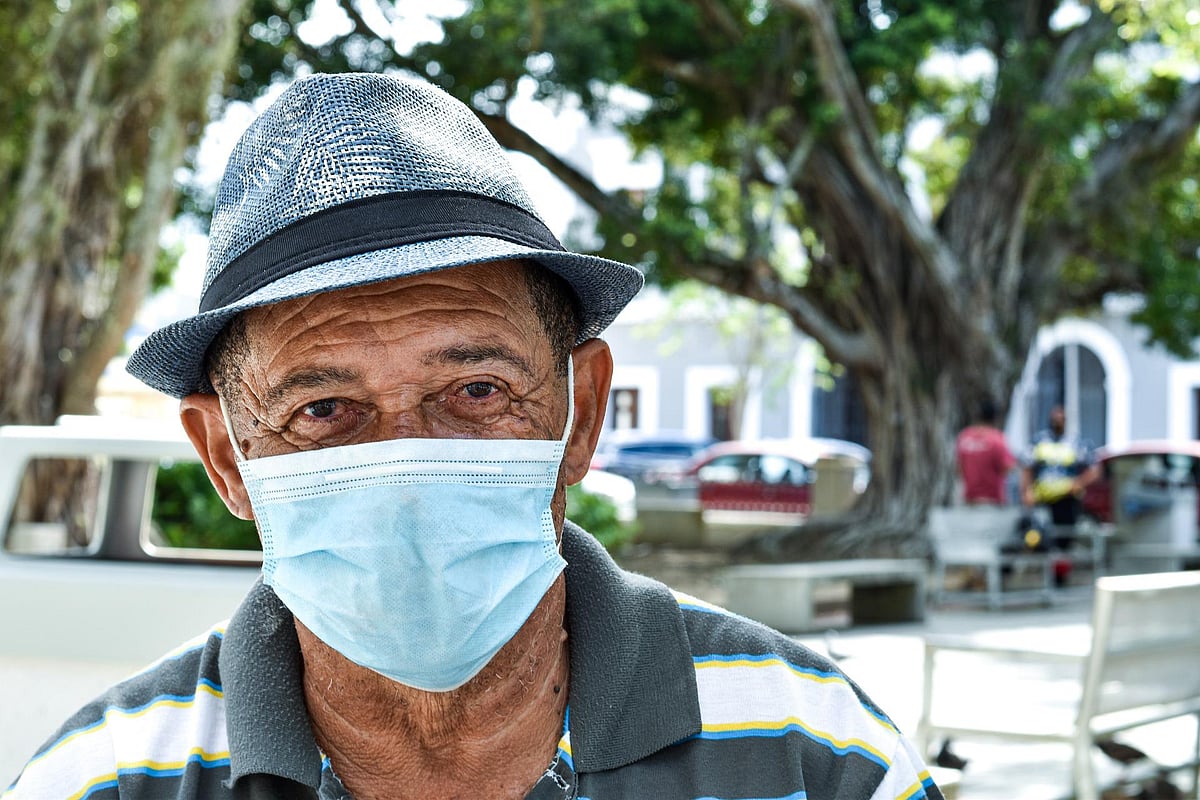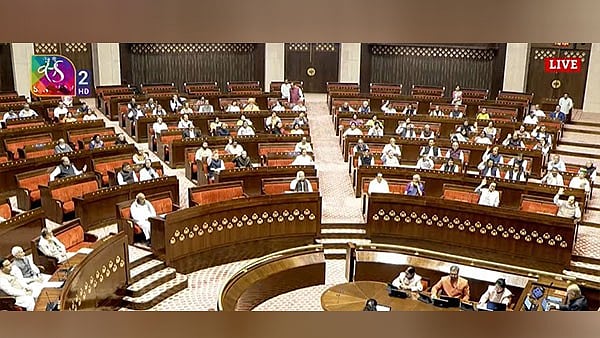New Delhi: A 'swap transplant', allowing an unrelated donor to donate a kidney to a recipient whose family member would then donate the organ to another patient, saved two men suffering from end-stage renal disease, a hospital here said.
Two Delhi-based families found themselves in a quagmire with one male member from each suffering from End Stage Renal Disease. Due to blood group incompatibility, their wives could not donate kidneys to their respective husbands.
However, the two families got a glimmer of hope after the blood groups of the women matched with each other's husbands. The wife of one man donated her kidney to the husband of the other woman and vice versa.
The surgery was performed at Aakash Healthcare Super Specialty Hospital in Dwarka in southwest Delhi.
Dr Vikram Kalra, Additional Director and Senior Consultant (Nephrology and Renal Transplantation), said the patients had been on dialysis for almost two years.
They were advised to have a kidney transplant. Their wives had come forward but their blood groups didn't match, he added.
"We looked at the clinical health of both the patients and the donors. Then a government-approved proposal was given to them for a swap kidney transplant. In mutual agreement and with the committee's consent, we went ahead with the transplant," Kalra said.
A swap transplant addresses the acute shortage of organ donation by enlarging the pool of donors to family members who wish to donate but cannot due to incompatibility issues, he explained.
The hospital maintains a registry of such patients whose blood groups do not match with the donor for transplant, he said.
Talking about the challenges of the transplant, the doctor recalled that they had to start both surgeries at the same time.
Dr Vikas Agarwal, Director & Head of Department (Urology, Uro-oncology, and Kidney Transplant) at Aakash Healthcare, said, "The whole process took around seven hours. It required increased manpower and infrastructure for both donations as they had complex Renal Vascular Anatomy, which made the procedure more complex.
"But everything went smoothly and all four (donors and recipients) tolerated the surgery well. They were discharged from the hospital in good condition."











